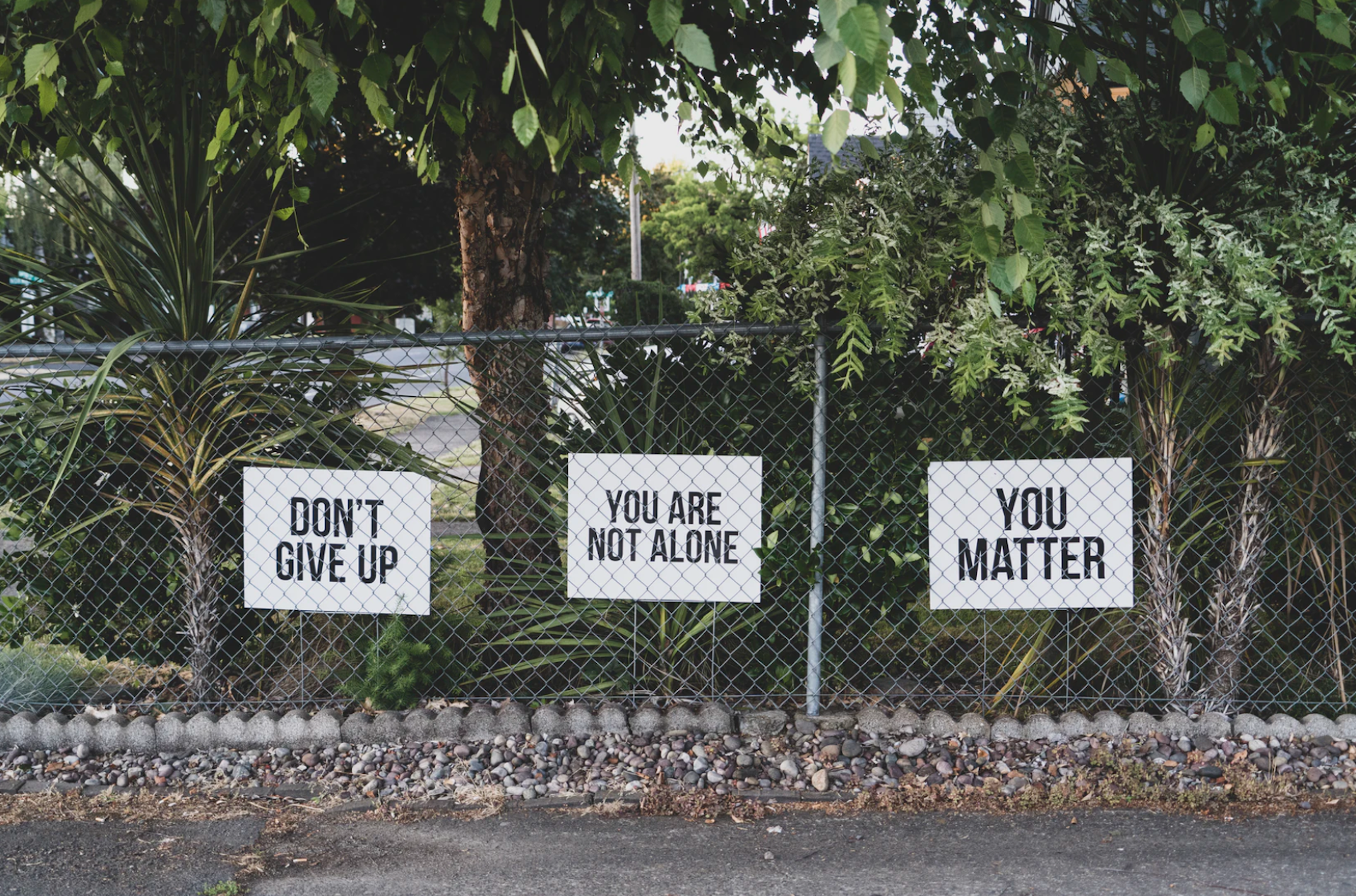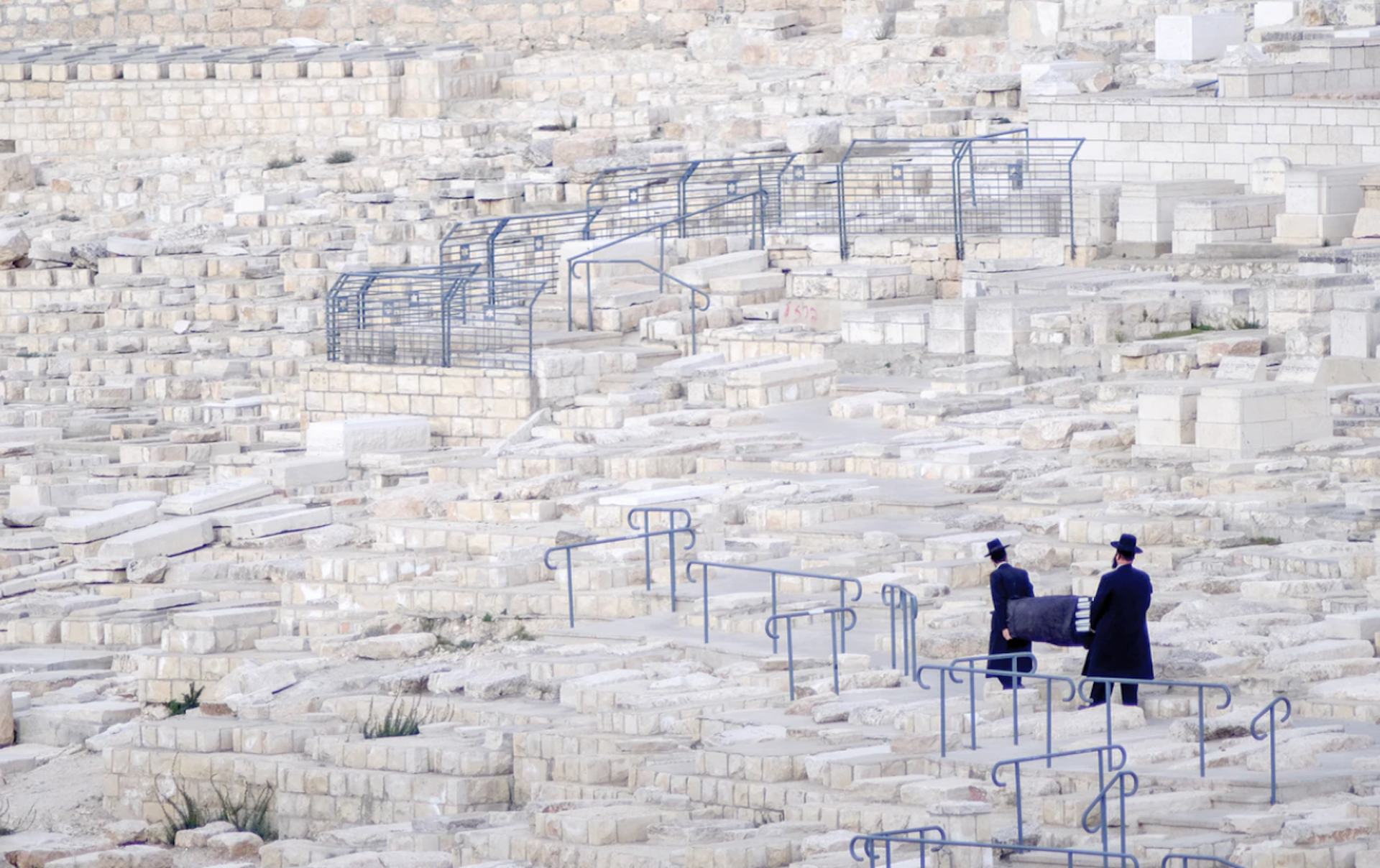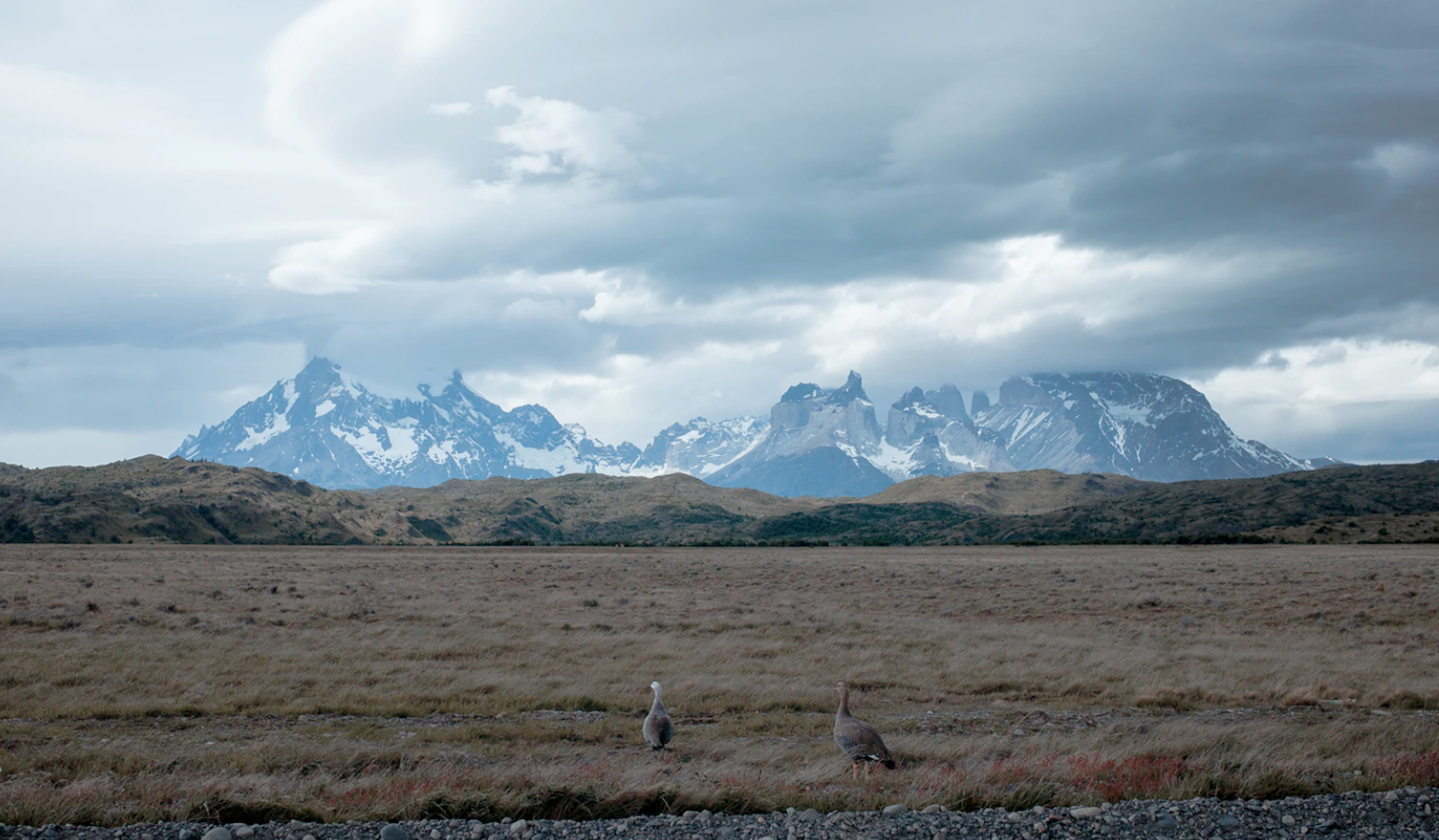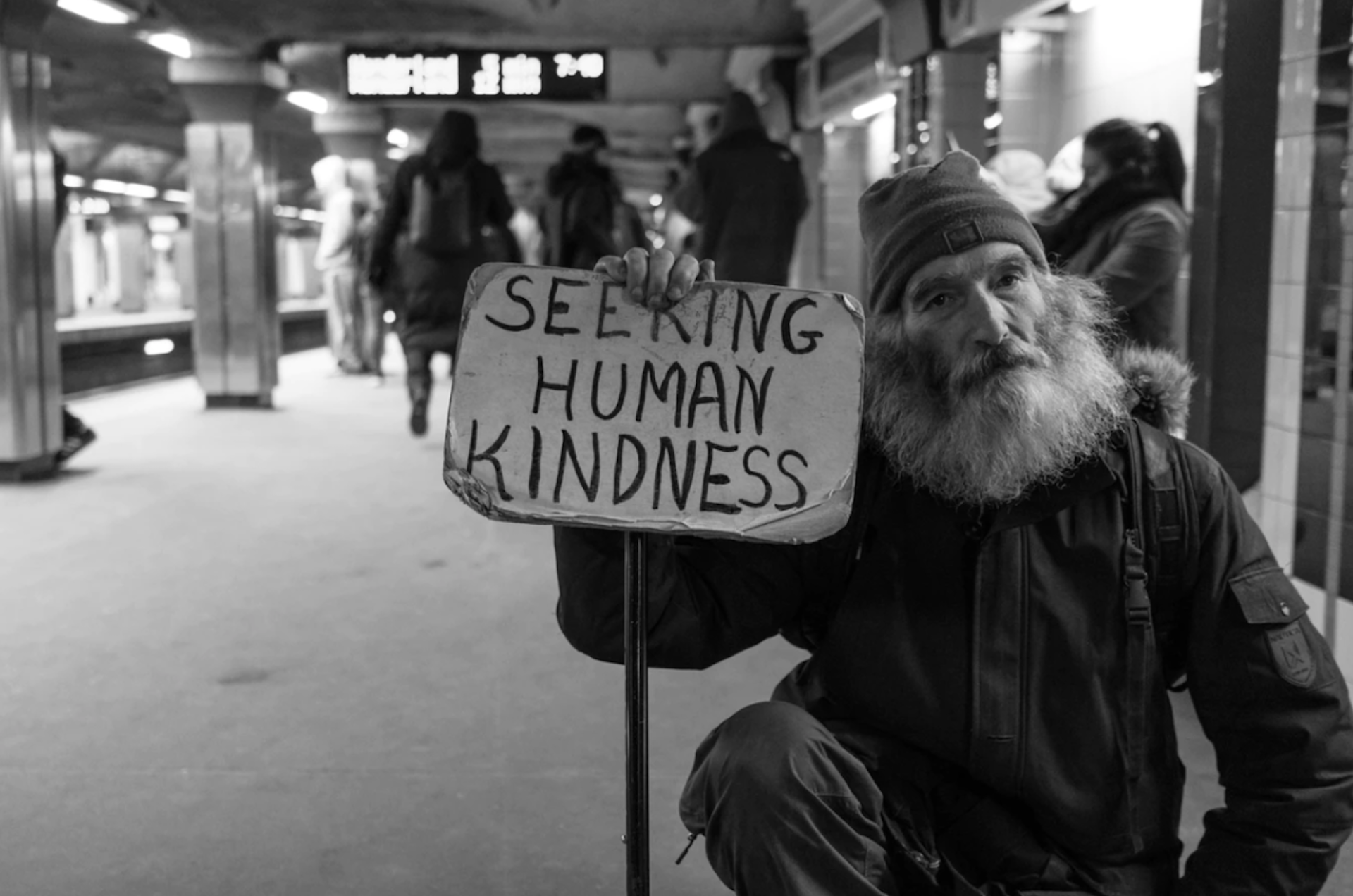See if you can spot the "aha" moment in Yuval Noah Harari's extraordinary TED talk on the looming threat to democracy posed by the application of artificial intelligence. It's not just in the fact his live stage presentation in Vancouver was accomplished by means of hologram imagery transmitted from Tel Aviv (for video click here; or see written transcript here).
Read MoreOur own Jia Gottlieb has spent some fifteen years thinking and writing about pleasure i.e. what it is, how to achieve it, what it means, and is now on the threshold of publishing a book on this very subject. An early draft of his Chapter One manuscript happened to be the focus of a Member Monday discussion over three years ago. We now take his soon-to-be-published Chapter One version of "aah . . The Pleasure Book" and discuss it through the lens of suffering and meaning.
Read MoreIt's all right here. Don't bother invoking the supernatural or other-world transcendence for your philosophical and ethical stance, say the Humanists, focus on doing good and living well in the here and now.
While the history of "modern" Humanism is perhaps just a couple of centuries old, the notion of a human-centered philosophy, rather than one based upon divine inspiration, goes back thousands of years. In India, Buddha is known to have expressed such skepticism as far back as the 6th century BCE. The Chinese philosophy of Confucius, a century later, likewise discounted mysticism, superstition, and the notion of an afterlife. The ancient Greeks, around the same time, tended to explain the world in terms of human reason rather than the supernatural. That led in the 3rd century BCE to the human-centered philosophy of Epicurus, a subject we previously explored (Chasing Epicurus, MM 10/2/17). The point here is that allowance for a non theistic stance is nothing new (for a splendid synopsis of Humanism's history, click: Humanism - Wikipedia).
The subject covers such a wide spectrum ranging from tragic to philosophic. Suicide statistics -- 47,173 recorded in the U.S. for 2017 versus 42,773 in 2014 -- barely capture the story. One reason is the stigma surrounding suicide leads to its suspected underreporting. Widen the lens to capture so-called "deaths of despair" (primarily manifesting from alcohol and drug overdose) and the numbers soar. These phenomena, however categorized, together largely account for the longest (three-year) consecutive decline in the expected American lifespan since 1915-18 (WWI and Spanish Flu pandemic).
Read MoreThere's no way he could have anticipated that his assertion would become the topic of a Member Monday discussion more than fifty years after the fact. The "he" is Isaac Bashevis Singer, a Polish-born American writer of fourteen novels, memoirs, short stories and essays in Yiddish, awarded the Nobel Prize in Literature in 1978. His assertion: reading fiction is a waste of time (Who Needs Literature?).
Read MoreTouchy, touchy. Some regard it as the first shot marking the end of friendly relations among generations, the equivalent of the n-word applied to ageism. "OK Boomer" first surfaced as the response to a video posting on TikTok of an older man spewing epithets at Generation Z and Millennials, you know, them Snowflakes (click: OK Boomer - The New York Times).
The catchphrase exploded at Internet speed and the meme has become a rallying cry for disaffected youth. It can be seen on stickers, shirts, posters, water bottles, greeting cards, and was even heard as the casual blow-off response of a 25-year-old New Zealand lawmaker to an older member of Parliament who interrupted her while she was giving a speech supporting a climate crisis bill. Such an elegant put-down: screw you, your mindset, and your condescension -- you who are responsible for where we find ourselves today. It's our world now.
Read MoreStory from sixty-some years ago: a stretch of road in Strafford (Pa.), including a portion running beneath the train tracks, was re-paved. The added street height meant a slightly reduced clearance at the underpass. Along came a large truck that, having previously negotiated the underpass without incident, was not so fortunate this time -- the top of the attached trailer struck the iron beams supporting the overhead tracks. The truck was wedged in place. A large tow-truck was called in to pull it out. It wouldn't budge. A second one was summoned to simultaneously push. Still no luck. A structural engineer came on the scene. But that's not the story.
Read MoreSome years ago a Defense Advisory Committee was tasked with articulating a strategic framework that would better advance America's security interests. Sun Tzu was invited. Then someone pointed out he's been dead for twenty-five centuries.
Read More(Regard the following introduction as simply one way to frame the difficult, complicated, and even visceral subject matter of anti-Semitism throughout the ages. The cited focus article comes from Tablet, an American online Jewish magazine created in 2009. Highland City Club generally, and the Member Monday forum specifically, prides itself as a safe place in which to discuss all issues openly, honestly, and with utmost respect for other points of view. Please treat this subject accordingly)
Who knew. The root cause of anti-semitism over the last two millennia?: gentile envy.
Read MoreThe topic may be food but the underlying subject is groundedness i.e. that deep yearning for a balanced, centered, and connected life. We first discussed this raw impulse through the writings of 1845 transcendentalist Thoreau as he sought redemptive isolation in that "small cabin in the woods." He found sanctuary in nature as "the perennial source of life" (MM 4/1/19). Highland's perennial source of life flows through its kitchen.
Read MoreBoxer Mike Tyson had it right when he said everyone has a plan until they get punched in the face. Alone in the ring, perhaps bleeding, gasping, weak-kneed and trying to fend off yet another blow, they enter a new dimension. As Tyson later explained, "they stop in fear and freeze." Eight rounds to go.
And so it is with most everyone's life journey -- perhaps it's a devastating illness, a job loss, a major financial blow
"Just let them all burn" . . . . "when it comes to our political and social institutions, I cannot help thinking just let them all burn." Forty percent concurred with that sentiment. Chaos was on the minds of that percentage responding to six surveys, four in the United States interviewing some 5,157 participants and two in Denmark interviewing 1,336 more. Respondents weren't terribly discriminating how Lord Shiva would go about his work: some fantasized a natural disaster wiping out most of humanity such that a small group of people could start over; others just "felt like destroying beautiful things." Burn baby burn (focus article, NYT, Edsall: 'Need for Chaos).
Read MoreFollowers of David Brooks are undoubtedly aware of his recent book, The Second Mountain: The Quest for a Moral Life. The first mountain needs no introduction. It is the individual's necessary early construction, largely driven by the culture, as the means to thrive, even survive. The issue arises, then, not with the fact of such early development but, rather, being shaped by an individualistic culture that inflames the ego and numbs the spirit. This is where the real story starts (focus article, click:The Moral Peril of Meritocracy).
Read MoreThe very notion of deep ecology will likely rattle the modern soul. It holds that, no, perhaps we humans are not the center of the universe. Perhaps Homo Sapiens are only part of the natural world in which there is a subtle balance of complex inter-relationships in which the existence of organisms is dependent on the existence of others within the ecosystem. Perhaps the environment is a matter that goes beyond a mere focus on man's immediate needs i.e. ecosystem to each human: get over thyself. The philosophy of deep ecology has fostered a new system of environmental ethics. Regard it as a new "imagined reality" in the context of our discussion surrounding Sapiens (MM 9/23/19).
Read MoreYuval Noah Harari certainly doesn't lack for ambition in his book Sapiens -- his work is nothing less than an epic history of human evolution. Our focus article is equally ambitious in that it condenses the essence of this otherwise ten-hour read into a compact one-hour summary (click: Sapiens) Here, in one sitting, you'll be exposed the full panoply of homo sapien development: the brain; cognitive revolution; agricultural revolution; imagined reality; unification of humankind; advent of money; the imperial cycle; religion; scientific revolution; capitalism; industrial revolution; collapse of family. The overview is tight, comprehensive, and eminently readable in the same way a previous discussion article zoomed out and provided the connective tissue in our discussion of the life cycle of empires (MM 7/30/18).
Read More" . . . people hearing without listening . . . " (S&G, Sounds of Silence)
Participate in or eavesdrop on a conversation. Certain ones might be characterized as auto-talk i.e. ones marked by a kind of a numbed-out recital of prepackaged words, phrases, views, and quips delivered out of habit or the avoidance of uncomfortable silence. Listen in and you may detect the tell-tale signs i.e. interruption, over-talk, or instances of conversation otherwise subtly hijacked and changed to suit the other.
Read More”I'm not upset that you lied to me, I'm upset that from now on I can't believe you” (Nietzsche)
And so it goes whether applied to a government, an institution, a stranger, an acquaintance, a friend, or even (maybe especially) to one's life partner. Trust, once gone, is difficult to regain.
Read MoreSome years ago came across a crude sign tacked to a fence near a weedy overpass entrance which read, "If You Were Homeless You'd Be Home Now." Let that sink in.
We once tackled the issue of housing (Close To Home MM 10/9/17). That discussion was a top-down look at the push-pull dynamics underlying housing in the Bay area and like communities -- affordability, building regulations, gentrification, sustainability and, for that matter, growth itself. That subject was somewhat policy wonkish and theoretical.
Read MoreTake these (paraphrased) words of a veteran raising the ultimate existential question:
"I do not know if I want to live any more . . . . I served in Afghanistan and am now working as a salesman . . . I despise this world I am in now -- everything is so selfish and so self-centered . . . . in Afghanistan every single decision I made had a purpose; every single thing I did was for something bigger than myself . . . every deed helped accomplish our mission . . . . here in America no one does anything except for themselves . . . . we work to earn a buck--what is the point to living like this? . . . . there is not a day that goes by that I don't wish I was back in that hellhole . . . . there what I did mattered . . . . here it is all meaningless"
Read MoreWabi-sabi is most evident in simple aesthetics. Notice the warmth of the Highland facility. Maybe begin with the small nicks and tiny cracks in the long, antique oak table in the library. Now go to the framed portraits of the hundred "Icons of Boulder" mounted throughout the building. These are not your typical soft-focus glamour shots. The photographs feature every wrinkle and every blemish on every face. The beauty of the faces in the images is in the utter lack of pretension i.e. each facial line tells the story of a life well lived. And so it is with every item you see. Each has its own story and each is part of the rich narrative we call Highland.




















